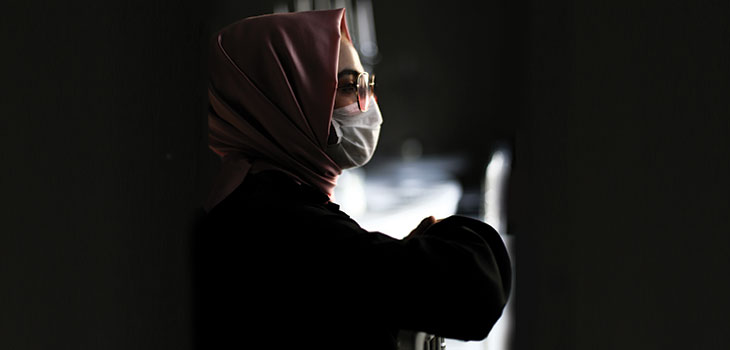
- In the discrimination law of the EU and the domestic law on which it is based, issues around religious dress arise most frequently as indirect discrimination.
- Part 1 examines the background and early caselaw on the subject.
The European Court of Human Rights (ECtHR) has frequently emphasised that freedom of religion under Art 9 of the European Convention on Human Rights (ECHR) is ‘one of the foundations of a “democratic society”... [and] one of the most vital elements that go to make up the identity of believers and of their conception of life’ (Kokkinakis v Greece (1993) 17 EHRR 397, para [31]). In Australia, Mason ACJ said in Church of The New Faith v Commissioner For Pay-Roll Tax 1982 154 CLR 120: ‘Freedom of religion is the paradigm and freedom of conscience is the essence of a free society.’
It is instructive to see whether these ample assertions are borne









